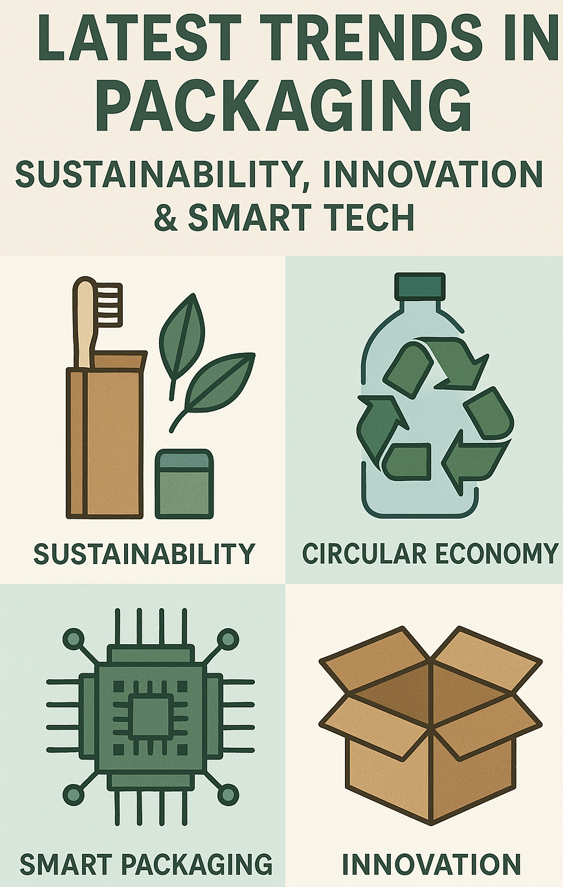
The proposal is part of the European Green Deal, an EU-wide plan to reach net zero by 2050, separate economic growth from resource use, and promote a circular economy.
In Europe, each person generates almost 180 kg of packaging waste on average every year. Packaging is one of the main culprits, accounting for 40 per cent of plastics and 50 per cent of paper used in the EU.
Unless action is taken, plastic packaging waste could rise by 46 per cent by 2030, according to the European Commission.
What packaging does the EU want to ban?
The proposed revision of EU legislation on packaging waste aims to make all packaging reusable or recyclable by 2030. It also aims to get rid of unnecessary packaging, support recycling, and bring clarity on the appropriate use and disposal of biodegradable plastics.
Under the new law, certain forms of unnecessary packaging would be banned, including single-use packaging for food and beverages when consumed inside restaurants and cafes, single-use packaging for fruits and vegetables, and miniature shampoo bottles and other miniature packaging in hotels.
Consumers would also be given the option of reusable packaging in restaurants and cafes of a certain size.
What impact could the new EU packaging laws have?
By 2030, the proposed measures would bring greenhouse gas emissions from packaging down by almost a third - a reduction equivalent to the annual emissions of Croatia. Water use would be reduced by 1.1 million m3.
After the initial investment required to make the transition, the economic impact is also expected to be positive. If businesses pass savings onto consumers, Europeans could save an average of almost €100 each per year.
The packaging waste proposal is currently being considered by the European Parliament and Council.







